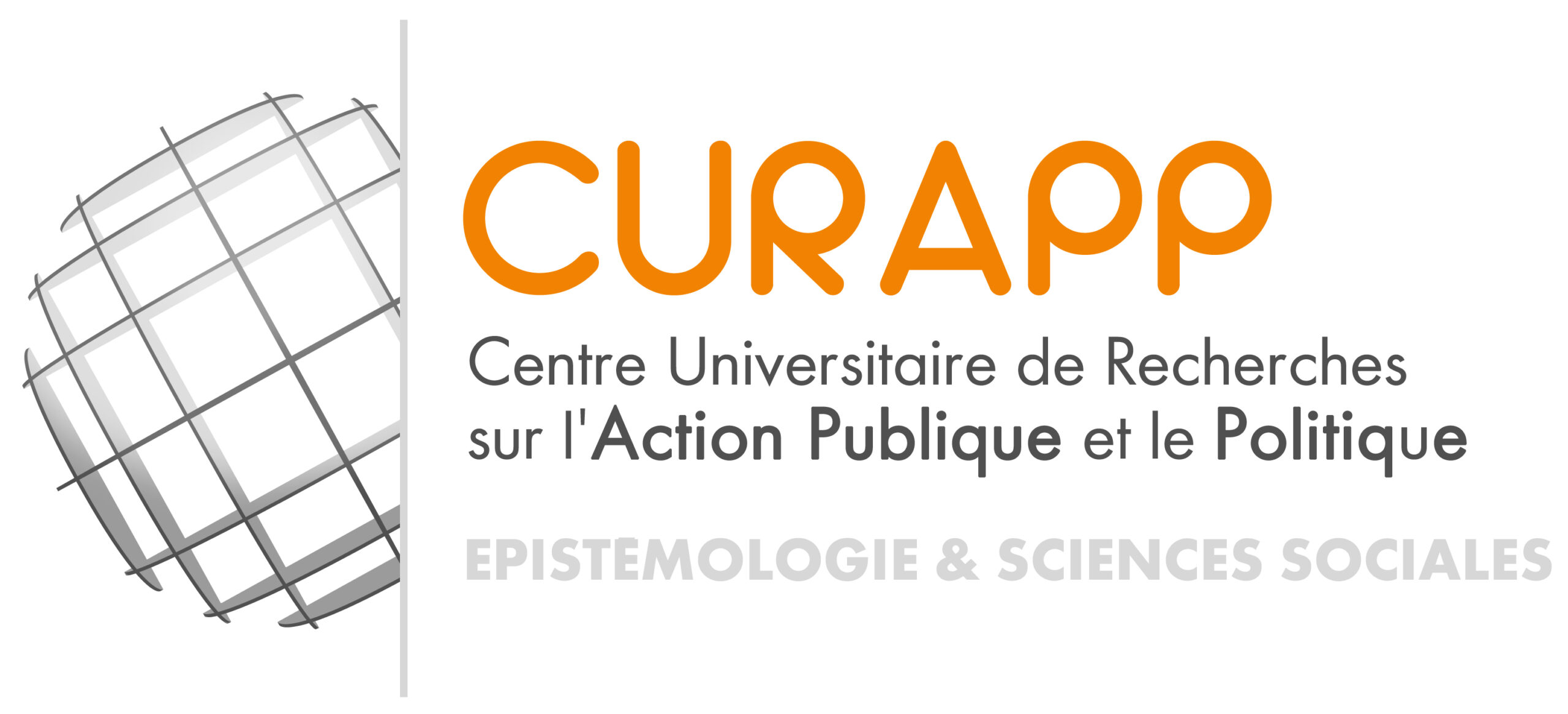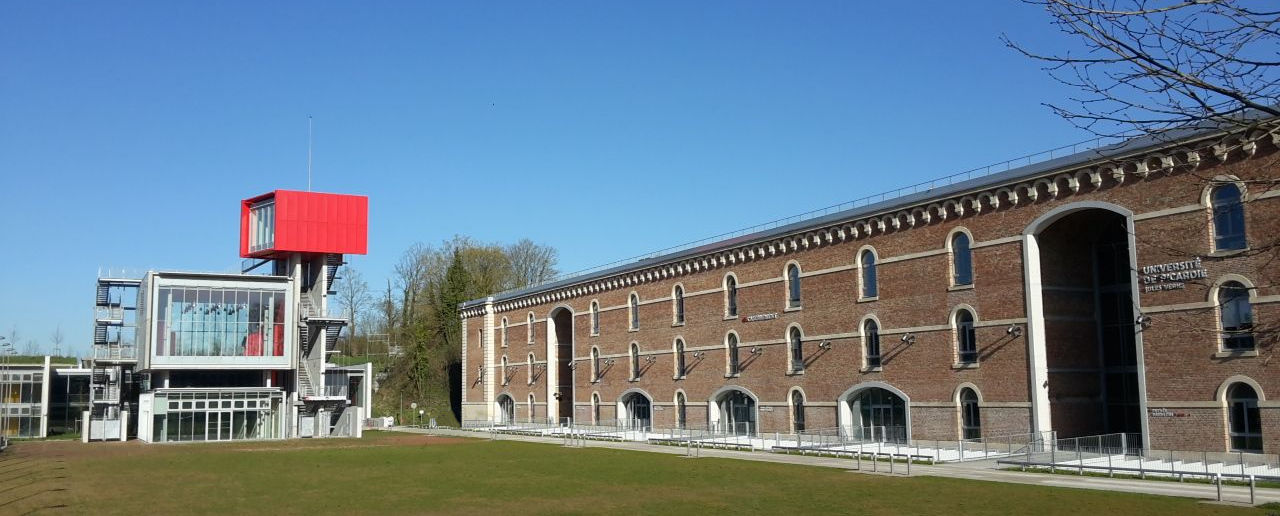These research projects focus on the role of non-state actors in the elaboration, implementation and assessment of policies, as well as on the terms and factors underlying their practices, across the border between the public and private spheres.
We are particularly interested in those who carry out mediations between these two universes. They are, for example, elected officials guiding public action. They can be independent or scientific consultants, and State experts, involved in the production of sector-specific regulations aimed at protecting public goods (environment, health, security).
They can also be administrative agents who introduce models, knowledge or tools, that belong to the private sector, to other sectors or to other national areas. These reflections concern, on the one hand, the analysis of mechanisms, factors and process determining the related interactions between public and private sectors, and, on the other hand, the support of key sector-specific policies (environment, education, health) via evaluation and action research.
Public actions and private logic
The teams concerned here share an interest for several public sector-specific policies submitted to the imperative of being closely linked to private actors, whether these actors co-produce public action, or benefit from it.
They analyse policies such as employment programs for people with disabilities, whose implementation relies on the modalities of articulation (via of legal tools and instruments of cooperation) between two sectors of public action that have the distinct objectives of employment and assistance. But they also question security policies and the transformations of the related field, integrating in their analysis the non-police actors who take part in it, such as schools, social landlords, transporters, and social workers. Poverty management can also be a fruitful field that helps understand these specific interactions, through the analysis of model transfers between differentiated geographical and cultural contexts.
The analysis of environmental health or environment policies specifically contributes to this reflection because it considers a new central figure: the expert (ecotoxicologist, biologist, doctor, sanitary inspector, etc.) who defines the generic danger as stemming from the principle of public action. A better understanding of this action relies for a great part on revealing how these experts integrate heterogeneous scientific, socio-economic and political logics.
We study the practices of local scholars and non-professional historians, who work together in academic societies, to show how, through the production of knowledge on local history, they participate in a logic resulting in an official recognition, and then modify the economic and symbolic value of places and buildings.
The response of public action to social change (technology, environment, health, democracy)
Another way to address the question of government across the border between public and private is to integrate the actors to the reflection on the public practices that respond to situations of global or local change. Thus, research aims at understanding the logics and dynamics at work in order to facilitate the adaptation of public action to a changing world.
Several related topics pertain to this guideline which addresses several important current issues. Energy transition is one of them, as it impacts all segments and actors in the energy industry, from production to consumption through transport, delivery and distribution. Furthermore, this transition results in the relocation of energy issues with regard to their territorial incorporation (connection, smart grids, new uses, role of communities). Mainly using the tools and analysis methods of law studies, a joint scientific research project on energy transition will bring together all the actors of this process and to support their evolution. This joint project will also benefit from a comparative approach with another European country (Greece), and will highlight the facilitating and hindering factors of this transition.
The digital revolution also requires a deep analysis of public practices to understand how its products and innovations are incorporated, especially in the case of education policies. In this respect, to examine the use of digital devices by the educative community, we will study, for example, the generalization of digital work environments, the progression of digital culture in students, or the evolution of institutional and individual attitudes towards e-learning or MOOCs. Mainly relying on the communicational approach, the COMSTIC project (Communication, Knowledge and ICT) studies the uses of digital technology in the field of education. It studies training and education contexts in order to understand how forms of intermediation emerge, and to analyse the related actions, strategies and logics of actors. The aim is to apprehend the dynamics and effects of digital practices considering how important the intermediation role has become over the past years. Digital technology then turns out to be a scientific object giving birth to multi-faceted and sometimes conflicting realities. The convergence of education and technology thus constitutes a complex issue. That is why this research will focus on the actors, their logics and their strategies, and will aim at revealing changes and transformations, at exploring the uses of learning environments and tools, but also at identifying innovation processes and at analysing the political, economic and pedagogical constraints which condition the development of digital practices in education.
In the field of public health, the research teams rely on intervention research. This form of research consists in a co-production of knowledge by social actors and researchers, with the aim of refocusing policies to improve the population’s living conditions. Based on distant fieldwork located in Quito, the Ecuadorian capital city, this project connects an ethnographic survey with seminars where researchers and local actors tackle the issue of public health.
Finally, citizen participation policies and the related democratic issue also provide a fertile field for the cooperation between researchers and actors. This cooperation will flourish thanks to the Investment Program for the Future (IPF or Programme d’Investissement d’Avenir, i. e. PIA) entitled “New opportunities for the youth in the coastal areas of Picardy: gain agency by participating in a local development project based on short supply chain economy.” The IPF project intends to leverage all public programs on a circumscribed territory and relies on citizen engagement. But cooperation will also thrive in the framework of another project which associates a Scientific Interest Group entitled “Citizen Participation”, several researchers at CURAPP-ESS and CERAPS (UMR 8086 / Lille 2 University), as well as social institutions and local residents (Etouvie, Valenciennes, Lille) on non-institutional forms of citizen participation (“Citizen Researchers and Citizen Initiatives” project).

